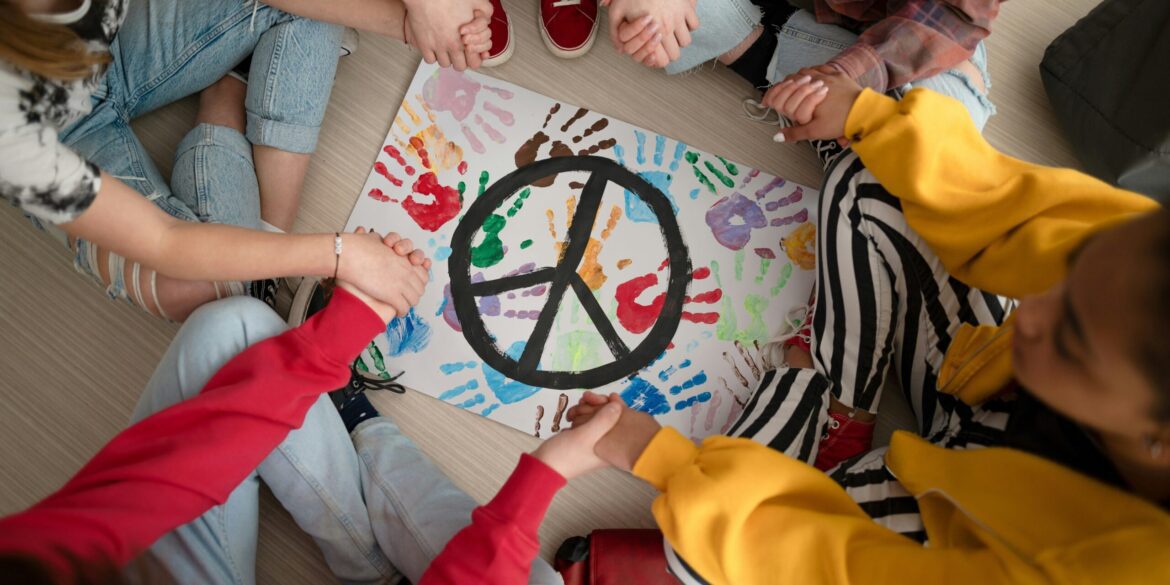June 20, 2025, served as a poignant reminder of the growing global refugee crisis and the imperative of meaningful support. Across the United States, World Refugee Day was marked by a multitude of community events that highlighted the resilience of displaced individuals and the goodwill of local organizations. Yet, beneath the celebratory tone lay a deeper, more urgent conversation: Are the words of solidarity matched by concrete policy actions?
Hosted annually by the United Nations since 2001, World Refugee Day honors the courage of those forced to flee conflict and persecution. It also offers nations a moment of introspection—especially relevant for the United States, historically seen as a global leader in refugee resettlement. But this leadership has come under scrutiny in recent years, as systemic challenges continue to undercut the effectiveness of federal programs meant to support newcomers.
Across the country, local nonprofits, churches, and civic organizations took the lead, offering workshops on employment, English language training, and cultural adaptation. In places like Phoenix, Arizona, and Buffalo, New York, refugee-led organizations provided hands-on assistance to help new arrivals navigate housing, school enrollment, and job applications. These efforts reflect a deep, community-level understanding that integration is a lived process—requiring consistent, tailored, and patient support.
Meanwhile, in many parts of the federal resettlement system, support has not kept pace with the demands of a growing global crisis. Chronic underfunding, bureaucratic bottlenecks, and inconsistent program oversight have resulted in long processing times, family separations, and under-resourced service providers. For example, while communities welcomed thousands of Afghan and Ukrainian refugees in recent years, the infrastructure required to process and support them has often fallen short, leading to delays in work authorization and limited access to housing and mental health services.
This disparity between robust community engagement and federal inertia raises a fundamental question: Is the United States truly standing with refugees, or simply acknowledging them once a year through ceremonial gestures? The United Nations High Commissioner for Refugees (UNHCR) emphasized that solidarity must involve action—not just awareness. In their 2025 campaign, UNHCR urged nations to “defend the right to seek safety and find lasting solutions,” framing these as moral and legal imperatives rather than optional goals.
In some regions, advocacy groups used World Refugee Day as a platform to demand changes in national policy. Organizations like the Refugee Council USA and Lutheran Immigration and Refugee Service issued public statements calling for increased funding to the Office of Refugee Resettlement, better coordination between federal and local agencies, and faster processing of asylum and refugee claims. Advocates highlighted that these systemic inefficiencies have real-world consequences—not just in numbers but in fractured lives, delayed education, and prolonged uncertainty for thousands of families.
Mental health, in particular, emerged as a consistent theme across the day’s events. Refugees often arrive with trauma from war, persecution, or displacement. Yet, mental health resources tailored to their cultural and linguistic needs remain scarce. In cities like Minneapolis and Houston, clinics and counseling centers reported waitlists for refugee clients, underscoring the need for expanded investment in trauma-informed care.
Workforce readiness is another area where the gap between intention and infrastructure is evident. Although many refugees arrive with professional skills and a strong desire to contribute, barriers such as credential recognition, limited English proficiency, and lack of access to job placement services slow their economic integration. On World Refugee Day, workshops aimed at bridging these gaps were abundant—but their existence only highlighted the absence of comprehensive, federally supported employment pipelines.
Faith-based organizations also played a prominent role this year, not only by offering direct services but by issuing moral calls to action. Churches, mosques, and synagogues held vigils and sermons addressing the biblical, Quranic, and ethical obligations to welcome the stranger. In Washington, D.C., an interfaith prayer gathering on the National Mall urged lawmakers to pass pending legislation aimed at strengthening refugee protections.
At the Capitol, a bipartisan group of lawmakers reintroduced the “Refugee Protection Act,” a bill that seeks to streamline the resettlement process, provide resources for integration, and ensure family reunification. While such legislative moves are promising, many observers note that bills often stall amid broader immigration debates—raising doubts about the political will to implement meaningful change.
This year’s World Refugee Day came at a time when global displacement reached a new peak. According to the UNHCR, more than 122 million people worldwide have been forcibly displaced, including over 43 million refugees. This staggering number reflects not only conflict but also climate-driven displacement, economic instability, and persecution based on identity or belief.
In that context, the call for solidarity cannot be confined to one day of recognition. It must evolve into year-round investment—both moral and material. As communities continue to do their part, the onus is now on federal systems to rise to the same level of urgency and compassion.
True solidarity requires more than statements of support. It demands that governments, particularly in nations with the capacity to lead, invest in sustainable systems that enable refugees not only to survive but to rebuild and thrive. The events of June 20, 2025, were a step in the right direction—but whether they become a turning point or another fleeting gesture depends on what follows in the months and years ahead.

